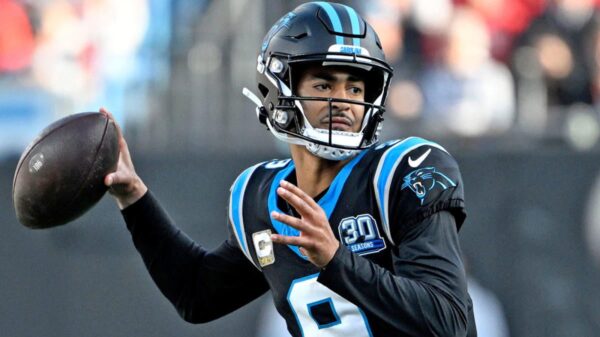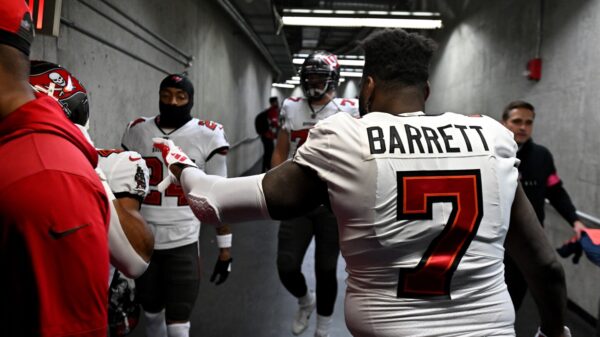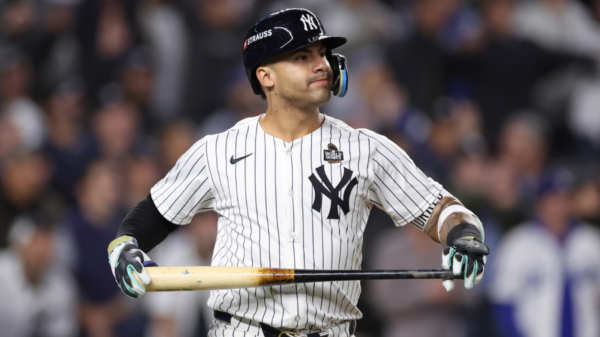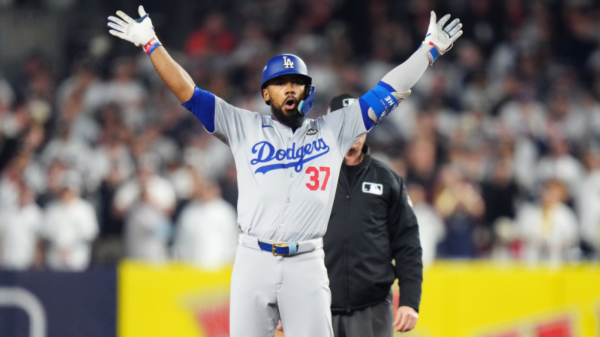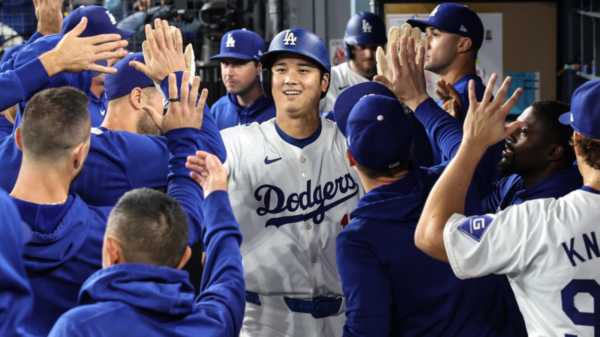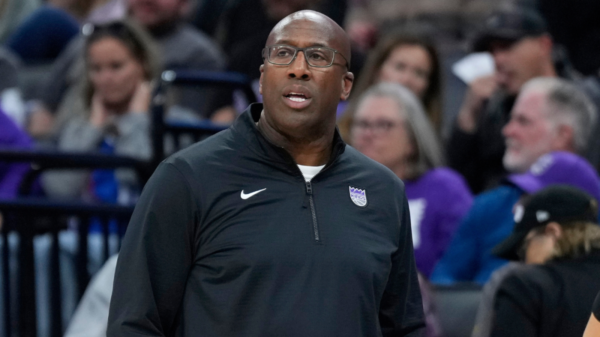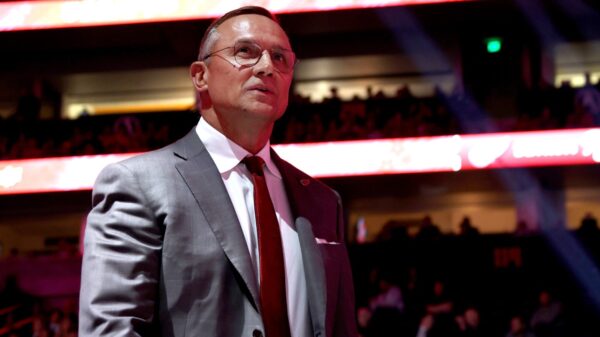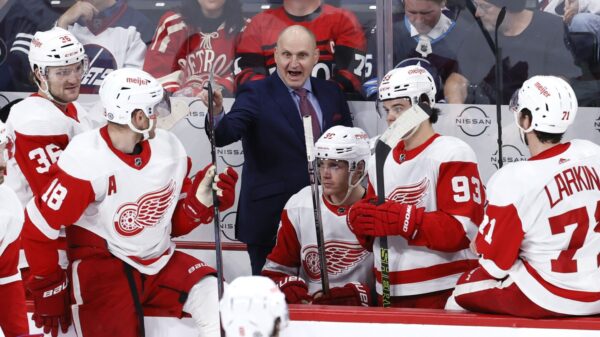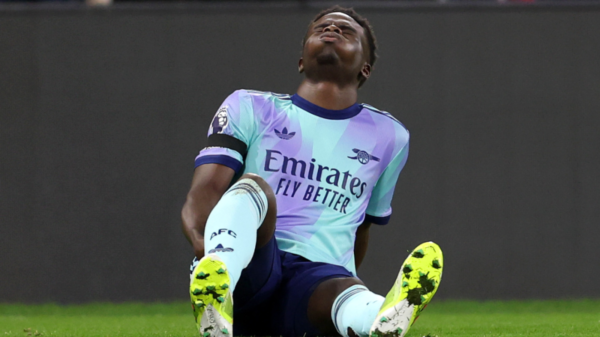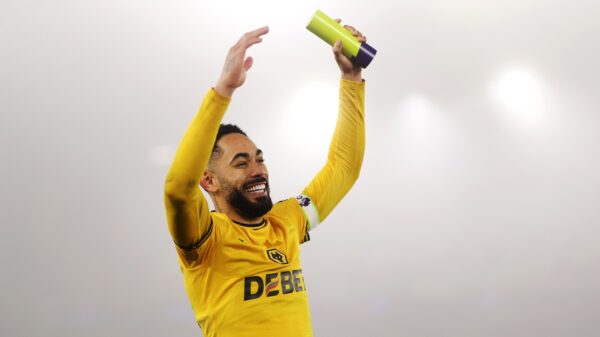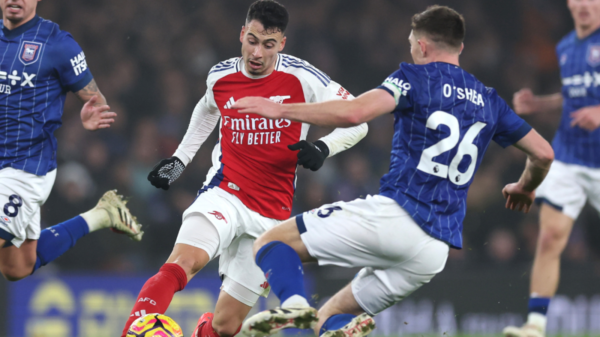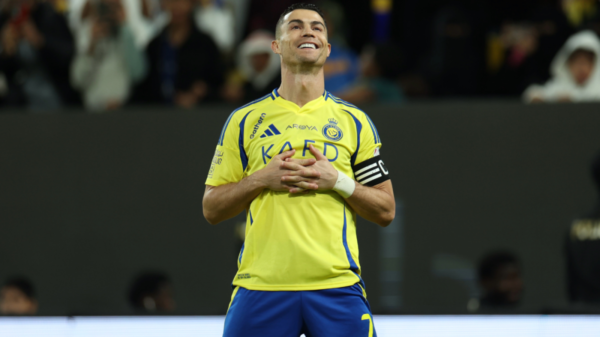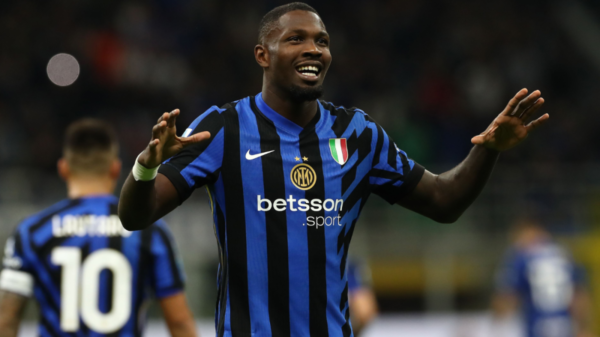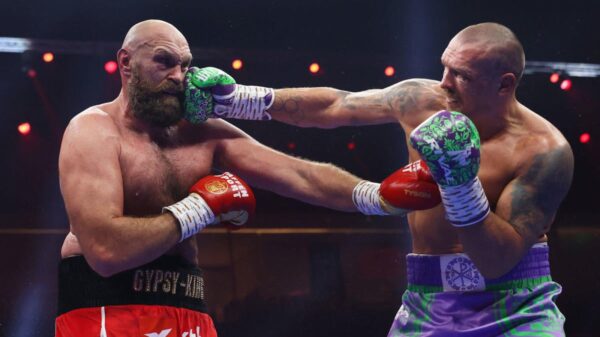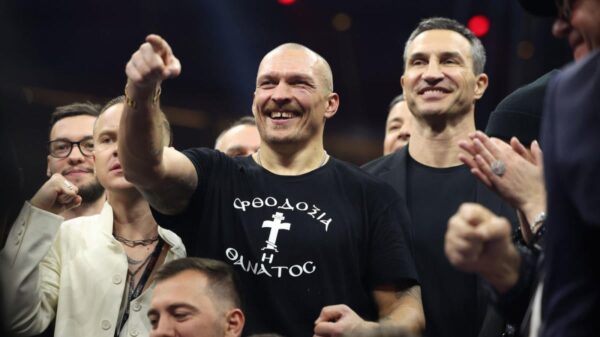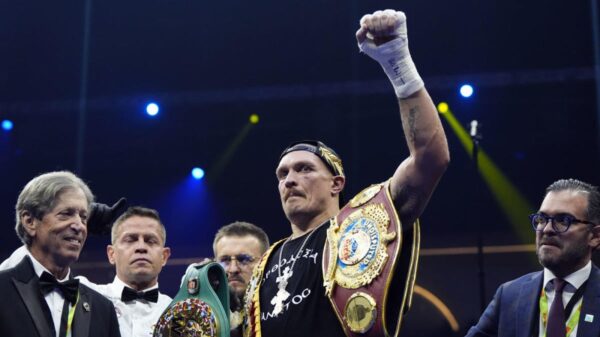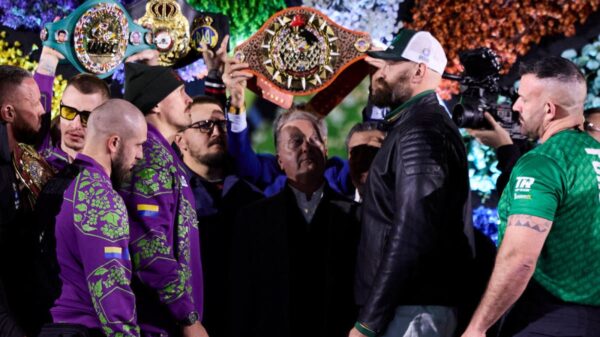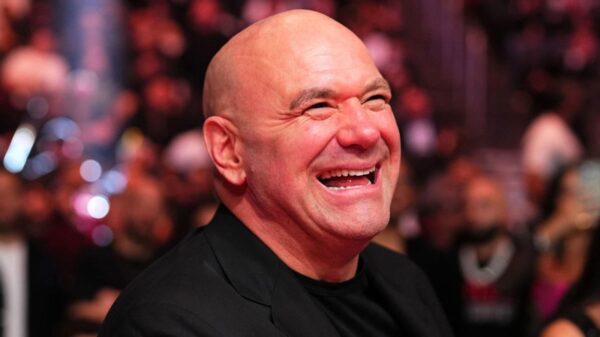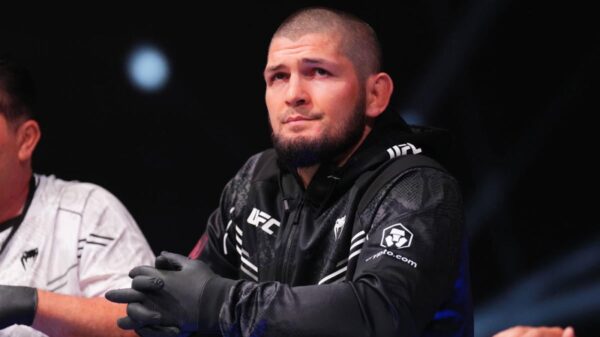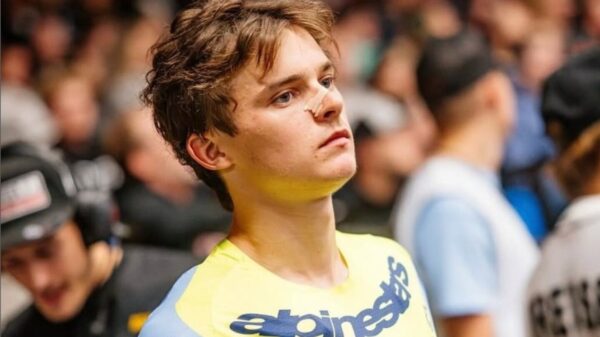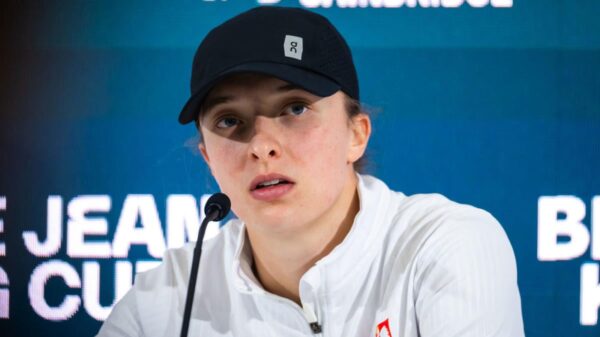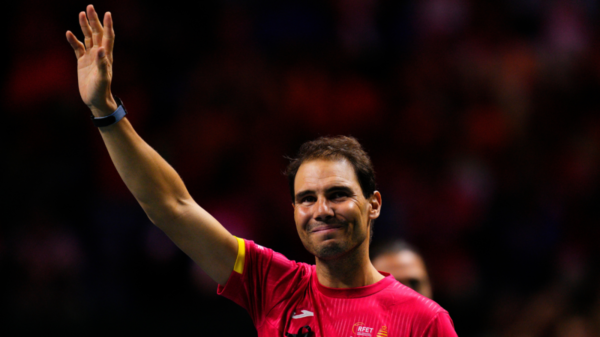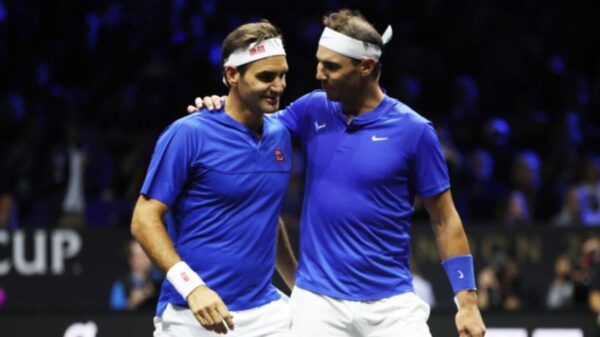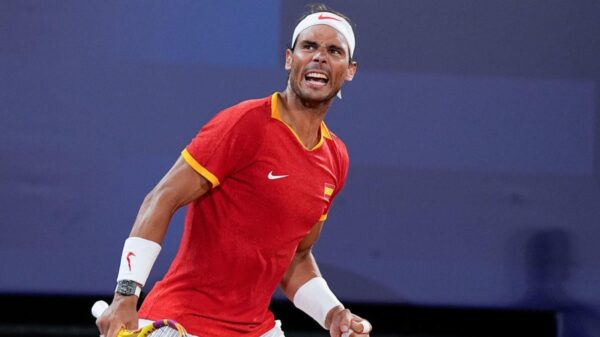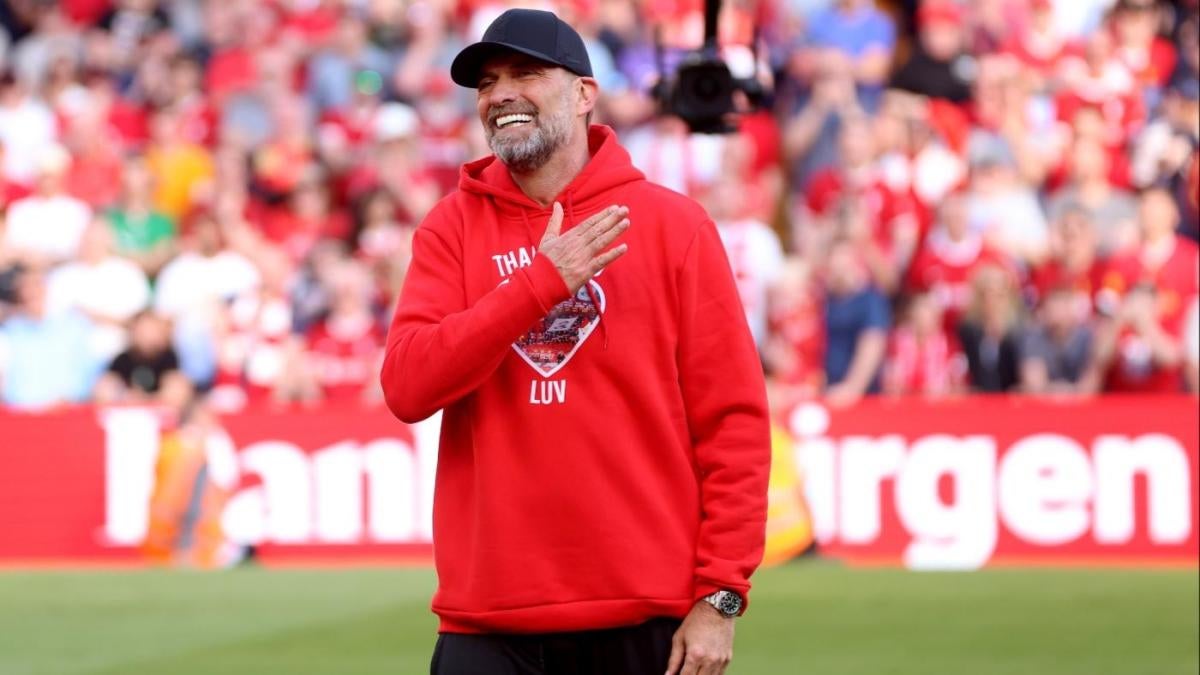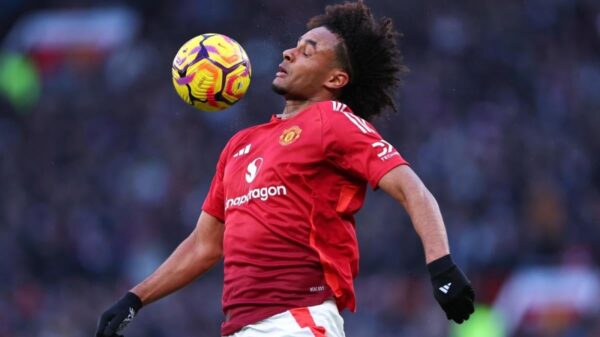Red Bull’s soccer empire has long been considered one of the best examples of soccer player and staff talent development and arguably the leading example of how a multi-club system can actually work and thrive in European soccer and beyond. However, the Austrian energy drink juggernaut’s sporting ventures — which also include Formula 1 racing and extreme sports — have also regularly been derided as artificial and lacking the traditional history expected of European soccer clubs — especially in Germany.
Flagship European club RB Leipzig are established in Germany’s top-tier Bundesliga and have two consecutive DFB Pokal titles to their name as well as eight straight seasons in European competition including UEFA Champions League and Europa League semifinal outings. Red Bull Salzburg was the group’s first foray into soccer back in 2005 and has gone on to thoroughly dominate the Austrian Bundesliga and regularly compete in Europe despite having been usurped by Leipzig as the project’s main focal point.
There is also New York Red Bulls which is a franchise familiar to Major League Soccer fans while Red Bull Bragantino is on the rise in Brazilian soccer and now plays in the top flight but 2024 has seen an uptick in the group’s ambitions. On top of a minority stake in EFL Championship outfit Leeds United which could potentially bring Red Bull’s soccer operation to the Premier League one day, Asian expansion was lined up when Japanese third-tier club Omiya Ardija was acquired.
Next in Red Bull’s sights is a proposed minority stake in France’s Ligue 2 with Paris FC alongside the Arnault family which owns LVMH with figurehead Bernard ranked by Forbes in 2024 as the richest man in the world — an unexpectedly potent pairing with tremendous growth potential via Paris’ talent basin. However, the biggest indicator of Red Bull’s legitimacy in the soccer space came earlier on Wednesday with the signing of former Liverpool boss Jurgen Klopp from the start of 2025 as head of global soccer.
“By joining Red Bull at a global level, I want to develop, improve and support the incredible football talent that we have at our disposal,” said Klopp of his move. “There are many ways that we can do this from using the elite knowledge and experience that Red Bull possesses to learning from other sports and other industries. Together we can discover what is possible. I see my role primarily as a mentor for the coaches and management of the Red Bull clubs but ultimately I am one part of an organization that is unique, innovative and forward looking. As I said, this could not excite me more.”
Red Bull as a pipeline of coaching as well as playing talent is nothing new, with the Salzburg to Leipzig connection curated expertly by Ralf Rangnick and a popular landing spot for African players, but this is a monumental coup and undoubtedly the biggest signing in Red Bull’s soccer history. American Jesse Marsch, the current Canada coach, is another example of the Red Bull connection’s impact on careers, with the former NY Red Bulls manager going on to coach RB Salzburg and RB Leipzig. The potential power of the German, Austrian, American, Brazilian, English, Japanese and French talent pools combined is phenomenal and paired with Klopp who has excelled in competing at the highest level by developing talent without necessarily the biggest budget is incredibly shrewd.
The popular German coach has never been one to shy away from controversial topics and regularly offers intelligent commentary but will now find himself the subject of an acid test given German soccer’s grapples with the concept of Red Bull ownership and Leipzig’s subsequent rise. The group’s legitimacy in the Bundesliga has been frequently questioned along with that of TSG 1899 Hoffenheim — another story involving a meteoric rise from the regional levels to the summit of the German game thanks to a wealthy benefactor.
Klopp taking this role, though, suggests that Red Bull’s legitimacy is no longer a question of time as it used to be — it is already here and it has very much been well-earned on the field over the years despite criticism regarding the non-traditional nature of the rise enjoyed by the likes of Leipzig. The energy drink’s soccer empire has finessed its structure over the years and now functions as arguably the slickest multi-club operation in the sport and Klopp could now be in place just in time to oversee the brightest period of its development yet.
Read the full article here

